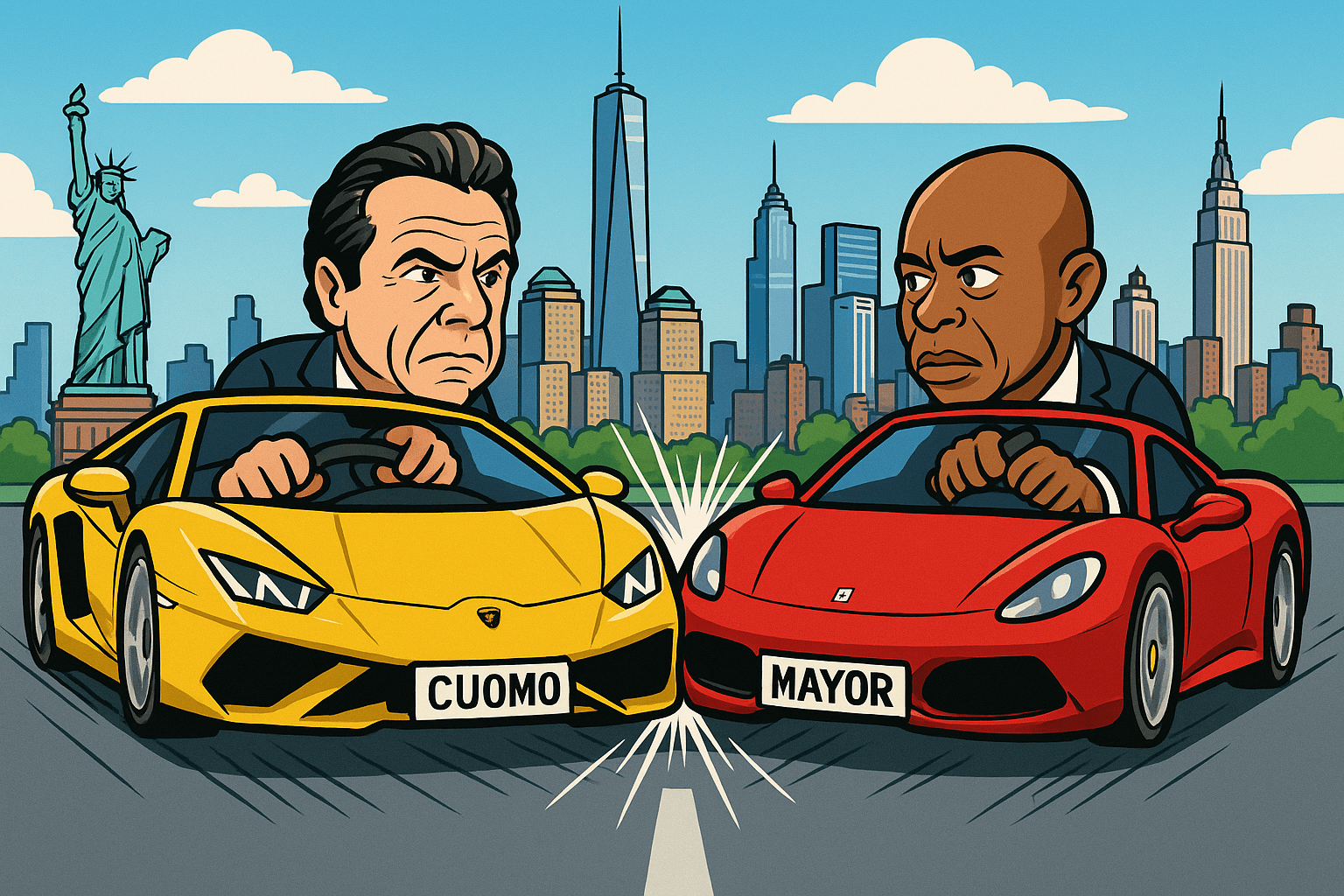Raising The Federal Minimum Wage Might Actually Hurt, Not Help Laborers

Recently at AlterNet, Marshall Auerback published an article that discussed a bill introduced by Senator Tom Harkin of Iowa. The Rebuild America Act would, among other things, raise the federal minimum wage from $7.25 an hour to $9.80 an hour which is an increase of about 35%. This bill would also automatically index federal minimum wage to inflation so that it increases along with inflation.
Increasing the minimum wage may sound good but if we think about the issue economically, we might conclude that raising minimum wage really does not do anything but raise the cost of labor artificially, costs that employers pass on to consumers by raising prices, which leaves laborers paying more for the things they need, canceling out or even overshadowing the effects of their wage increase. Let's take look at this with a simple example:
Let's say John runs an apple stand. Well John has two part-time workers who work for $7.25 an hour each, 20 hours a week. So they cost John $290.00 a week in labor costs. This cost is added to the $150 John pays for 600 apples each week and he sells the apples for $0.75 which works out to $450.00 a week in gross revenue. When you take the $150 plus the $290 in expenses, Johnny is left with a small $10 dollar profit (and we didn't even discuss taxes).
Now if the minimum wage is raised to $9.25 an hour then his labor cost would increase to $370 and the increase in minimum wage will increase the cost of the apples as the apple growers will have to increase the pay of their workers by 35% as well so the apples now cost $202.50 and John's new costs are $572.50, so in order to gain the same $10 dollar profit the cost of the apples being sold at the stand will have to rise from $0.75 to $0.96 an apple. So the cost of living rises along with a mandatory increase in wages. This is why economists say minimum wage laws cause price inflation.
The best way to imagine what an artificial increase in minimum wage would do for the economy is to think of the tide rising and what it does to boats. Yes your boat is rising with the tide and is now floating higher thanks to the rise in water. But if you compare it to a larger ship it is the same relative height as it was before at a normal tide. The only difference is the water has risen. This is what happens with minimum wage increases: the amount of money workers earn increases but so does the cost of goods and services that those same workers buy, so they are at the same standard of living (or worse) as they were when they earned the lower wage. Their nominal wage has increased, but their actual purchasing power hasn't improved.
And in addition, the costs employers pay for raw materials has also increased as well and some of the materials or costs have risen even higher than the minimum wage thanks to the costs associated with producing the products and services used. This leaves the employer with the choice of losing money or cutting the labor force. Which one do you think the employer is going to choose? Remember at the end of the day an employer has to feed his family too and if it's a choice between laying off workers or shutting down his business, labor is going to lose every time. This is why economists say minimum wage laws cause unemployment.
So with that said, even though minimum wage proponents like Senator Harkin have good intentions, if we think about the policy economically, we can see that it might actually hurt laborers by raising their costs of living and even increasing the chances that they might get laid off because of increased expenses that put pressure on employers.



